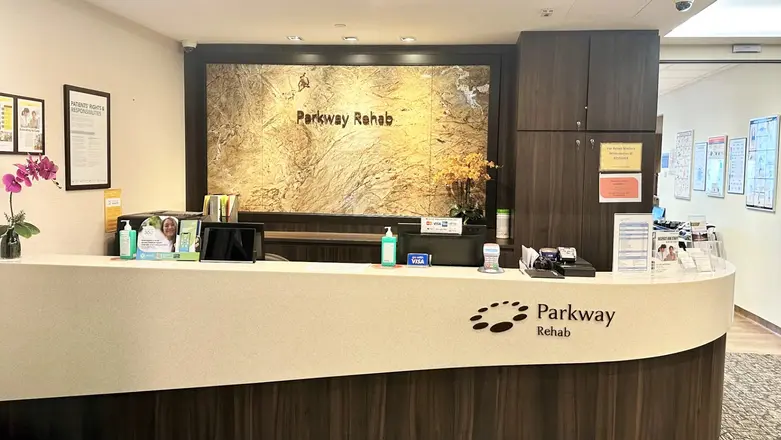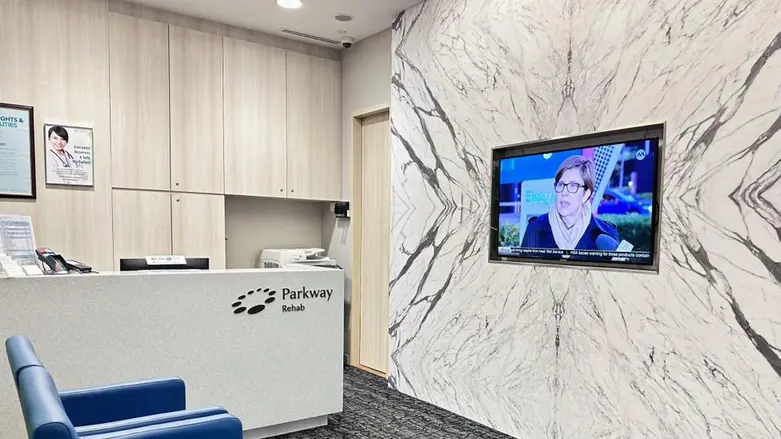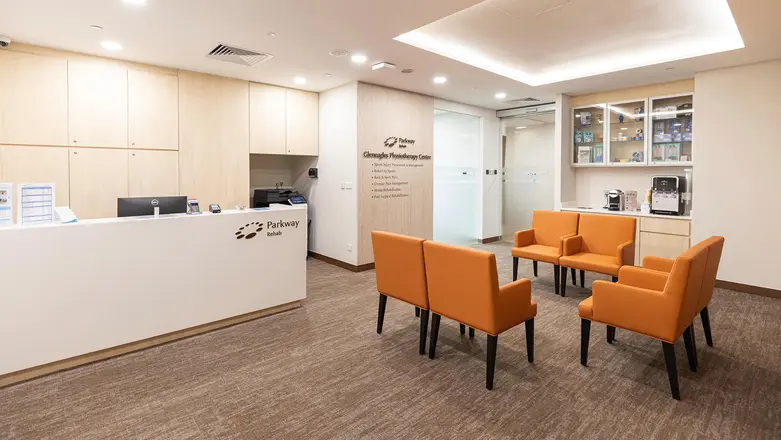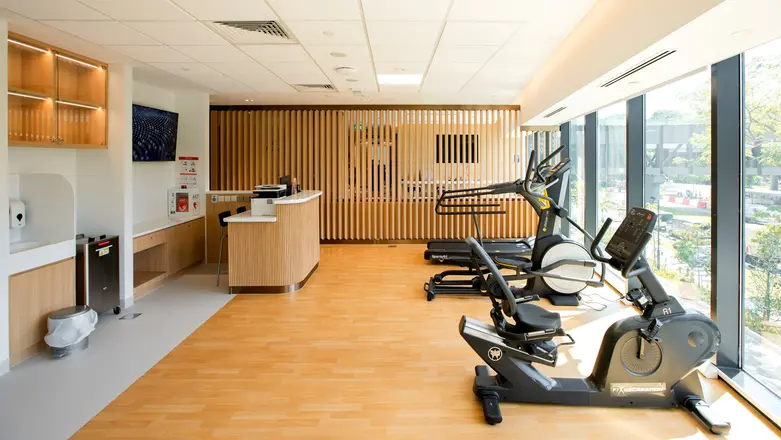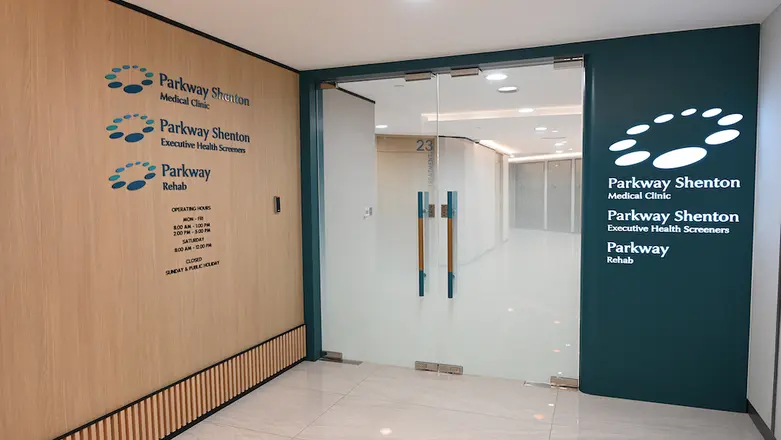
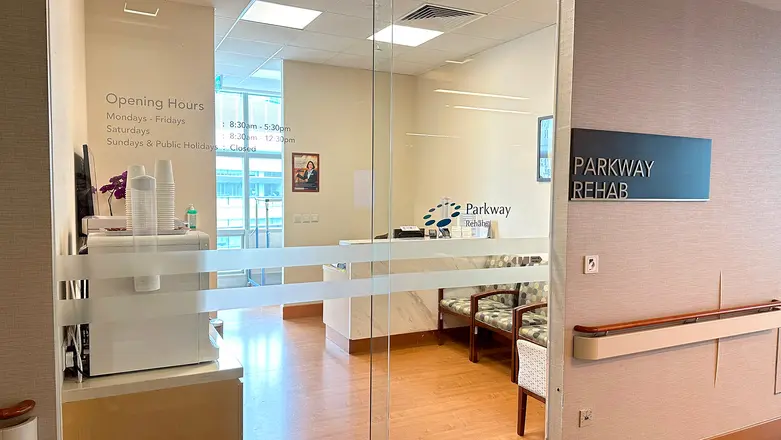
Rehabilitation
Overview
At Parkway Rehab, our focus is to help you manage impairments and improve your ability to return to your daily activities. We provide the following treatments and services for all ages:
Our Locations
Related Specialties
In this section
 Brain & Spine Care
Brain & Spine Care